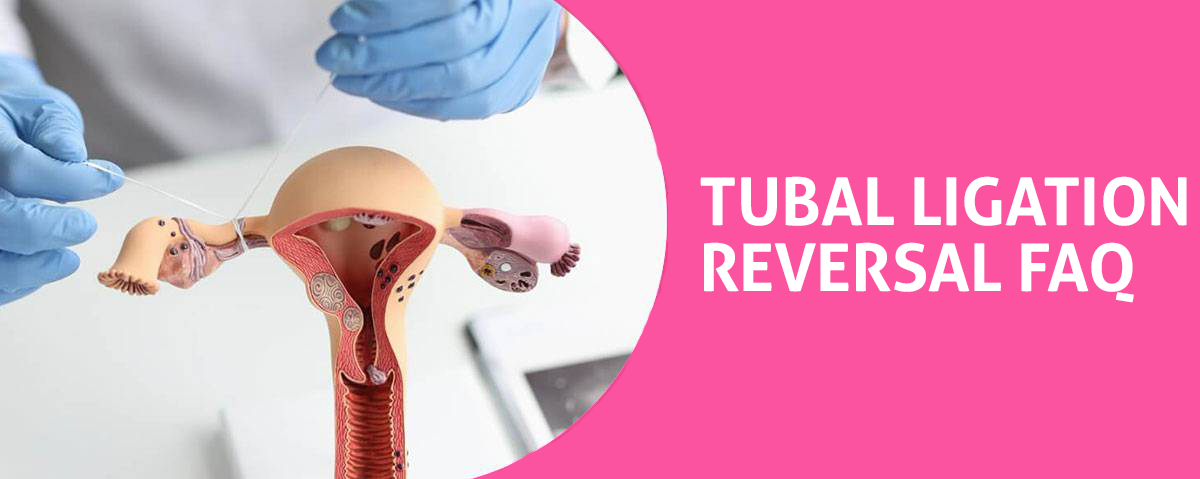How Are a Vasectomy and a Tubal Ligation Similar
You’d think vasectomies and tubal ligations are as different as day and night, wouldn’t you? Surprisingly, they’re more similar than you’d imagine. Both are surgical procedures aimed at preventing pregnancy, and they share common risks and recovery processes.
Understanding Vasectomy and Tubal Ligation
In your quest to understand vasectomy and tubal ligation, it’s essential to grasp each procedure’s purpose and how they’re similar. Both are surgical techniques used for permanent sterilization, aimed to prevent pregnancy. A vasectomy involves cutting or blocking the vas deferens, preventing sperm from leaving the male body. Conversely, tubal ligation blocks or cuts the fallopian tubes, stopping eggs from traveling to the uterus.
Both procedures bear emotional impacts, often bringing a sense of relief for those not desiring more children, but they could also trigger regret for some. It’s vital to discuss with your partner and healthcare provider to make an informed decision. Remember, these are permanent procedures, so it’s important to consider all implications.
Commonalities in Procedure Goals
Despite their differences, when it comes to the goals of a vasectomy and a tubal ligation, you’ll find they’re strikingly similar. Both procedures aim to prevent future pregnancies, providing a permanent solution for contraception. Procedure effectiveness is high in both cases, with success rates typically exceeding 99%. This reliability reduces the emotional impacts associated with fears of unintended pregnancy, offering peace of mind to those who have completed their families or those who choose not to have children. Thus, while the surgical procedures differ in their biological targets, their goals align perfectly: to provide an effective, permanent method of birth control that minimizes emotional stress and uncertainty. It’s crucial to understand this commonality when considering these procedures.
Similar Risks and Complications
Just as you’ll find similarities in the goals of a vasectomy and tubal ligation, there’s also a shared set of risks and complications associated with these procedures. Both carry the risk of infection, bleeding, and potential allergic reaction to anesthesia. Complication prevention is paramount, and this involves careful pre-operative screening, sterilization of surgical instruments, and detailed post-operative care instructions.
Risk management also plays a critical role. The risk of post-surgery pain, for instance, can be managed with the appropriate medication. Long-term complications such as persistent pain or unwanted pregnancy after the procedure are rare, but possible. Your healthcare provider will discuss these risks with you, along with strategies to minimize them, ensuring you’re well-informed before making a decision.
Post-Procedure Recovery Comparisons
After your vasectomy or tubal ligation, you’ll notice similarities in the recovery process as well. Pain management is crucial for both procedures, with doctors typically recommending over-the-counter medication to alleviate discomfort. It’s normal to experience some pain or swelling in the first few days, but if symptoms persist or worsen, seek medical attention promptly. As for sexual activities, you may resume them as soon as you feel comfortable, usually within a week. However, remember that these procedures aren’t immediately effective at preventing pregnancy. Continue to use other forms of contraception until your doctor confirms the success of the surgery. Lastly, follow your doctor’s post-op instructions diligently. Both procedures require rest and limited physical activity for optimal recovery.
Other Popular Questions About Tubal Ligation Reversal:
How Dangerous Is Tubal Ligation?
How Common Is Weight Gain After Tubal Ligation?
How Common Is Tubal Ligation Failure?
How Common Is Regret After Tubal Ligation?
How Common Is Recanalization After Tubal Ligation?
How Common Is It to Get Pregnant 7 Years After a Tubal Ligation?
How Can You Tell if Your Tubal Ligation Failed?
How Can You Still Have Periods After Tubal Ligation Anatomy?
How Can You Have a Period After Tubal Ligation?
How Can I Tell What Type of Tubal Ligation I Had?
How Can I Reverse Tubal Ligation?
How Can I Prevent Early Menopause After Tubal Ligation?
By using this webiste you agree to Terms and Conditions
